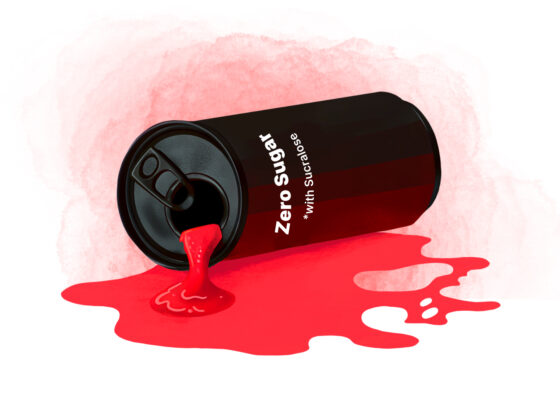Adding a check point inhibitor to chemotherapy as neoadjuvant treatment for resectable non-small cell lung cancer (NSCLC) produced significant improvements of pathological complete response (pCR) in comparison to chemotherapy alone. The CheckMate-816 study, presented at the American Association for Cancer Research (AACR) Annual Meeting, held virtually April 10-15 2021, represents the first randomized Phase 3 study showing significant improvement in pCR for neoadjuvant immunotherapy combinations in resectable NSCLC.
“The significant improvement in pCR and absence of any meaningful increase in toxicity or decrease in the feasibility for surgery suggest that neoadjuvant nivolumab plus chemotherapy is a viable option for patients with resectable NSCLC at high risk of recurrence,” said Patrick Forde, the study presenter (Johns Hopkins University, Baltimore). “While neoadjuvant therapy has historically been less commonly used than adjuvant therapy for this patient population, I believe that CheckMate-816 has the potential to change that treatment paradigm.”
Around one quarter of NSCLC patients are diagnosed with early or localized disease treatable with surgery. However, the cancer returns in 30 to 80% of patients, with many dying of their disease. Although neoadjuvant chemotherapy (administered before surgery to make resection possible) or adjuvant chemotherapy (administered after surgery) are recommended for patients with resectable NSCLC, five-year overall survival gains are only of the order of 5%. Several recent phase II trials have shown encouraging outcomes using neoadjuvant single-agent immunotherapy or immunotherapy-chemotherapy combinations, providing the rationale for the phase III CheckMate-816 study. The logic behind CheckMate-816, explained Antoni Ribas (University of California, Los Angeles), the AACR President, in a press briefing, was that immune cells accumulate at cancer sites, therefore making it more effective to ‘take away breaks to the immune system’ while the cancer is still present.
In CheckMate-816, prior to surgery 358 adults with stage 1b-3a resectable NSCLC (and no known activating alterations in EGFR or ALK genes) were randomly assigned 1:1 to nivolumab +platinum-doublet chemotherapy (n=179) or to chemotherapy alone (n=179). The primary endpoint pathological complete response (pCR), assessed by blinded independent review, was defined as no residual viable tumour when resected lung specimens and the sampled lymph nodes were examined after surgery. Surgery took place within six weeks of treatment followed by optional treatment, with investigators able to select adjuvant chemotherapy plus or minus immunotherapy.
Results showed patients receiving neoadjuvant NIVO + chemo achieved pCR rates of 24% versus 2.2% for those receiving chemo alone (OR 13.94 [99% CI 3.49-55.75] P<0.0001). Improvements were consistent across all subgroups, including disease stage, NSCLC subtype, PD-L1 status, tumour mutational burden status and gender. Major pathological response rate (defined as 10% or less viable tumours in lung and lymph nodes) was achieved in 36.9% of patients in the NIVO + chemo arm versus 8.9% in chemo alone arm. Rates of grade ≥3 treatment-related adverse events (TRAEs) were 34% with NIVO + chemo versus 37% with chemo alone.
An additional observation was that 56% of patients receiving NIVO + chemo cleared tumour DNA (measured with liquid biopsy) between cycle 1 and cycle 3, versus 34% of those receiving chemo alone. Those patients achieving cleared tumour DNA were more likely to have a pCR at time of surgery. Surgery occurred for 83.2% of patients treated with NIVO + chemo versus 75.4% with chemo alone.
“Remarkably, despite the addition of nivolumab to neoadjuvant chemotherapy, there was no associated increase in treatment-related adverse events, and rates of adverse events leading to surgery delay or cancellation were low,” said Forde. This, he added, provides reassurance side effects from combined treatment will not adversely impact the patient’s opportunity for curative surgery.
Forde cautioned that although the results are encouraging, the study continues to mature for the second primary endpoint of event-free survival and overall survival. In the press briefing he added that in NSCLC at least five phase III neoadjuvant trials are currently ongoing, with CheckMate-816 representing the first to report an efficacy endpoint.












